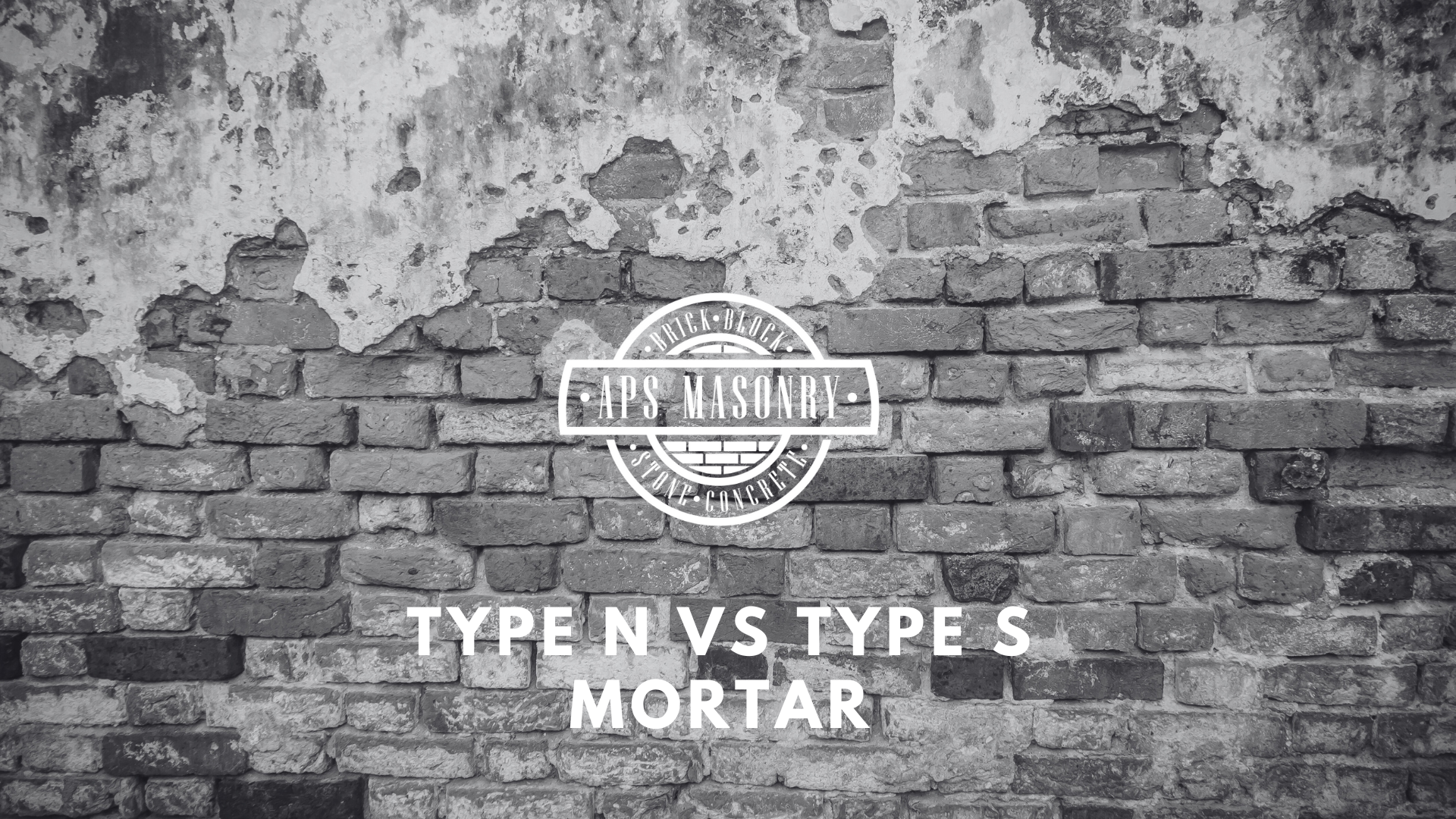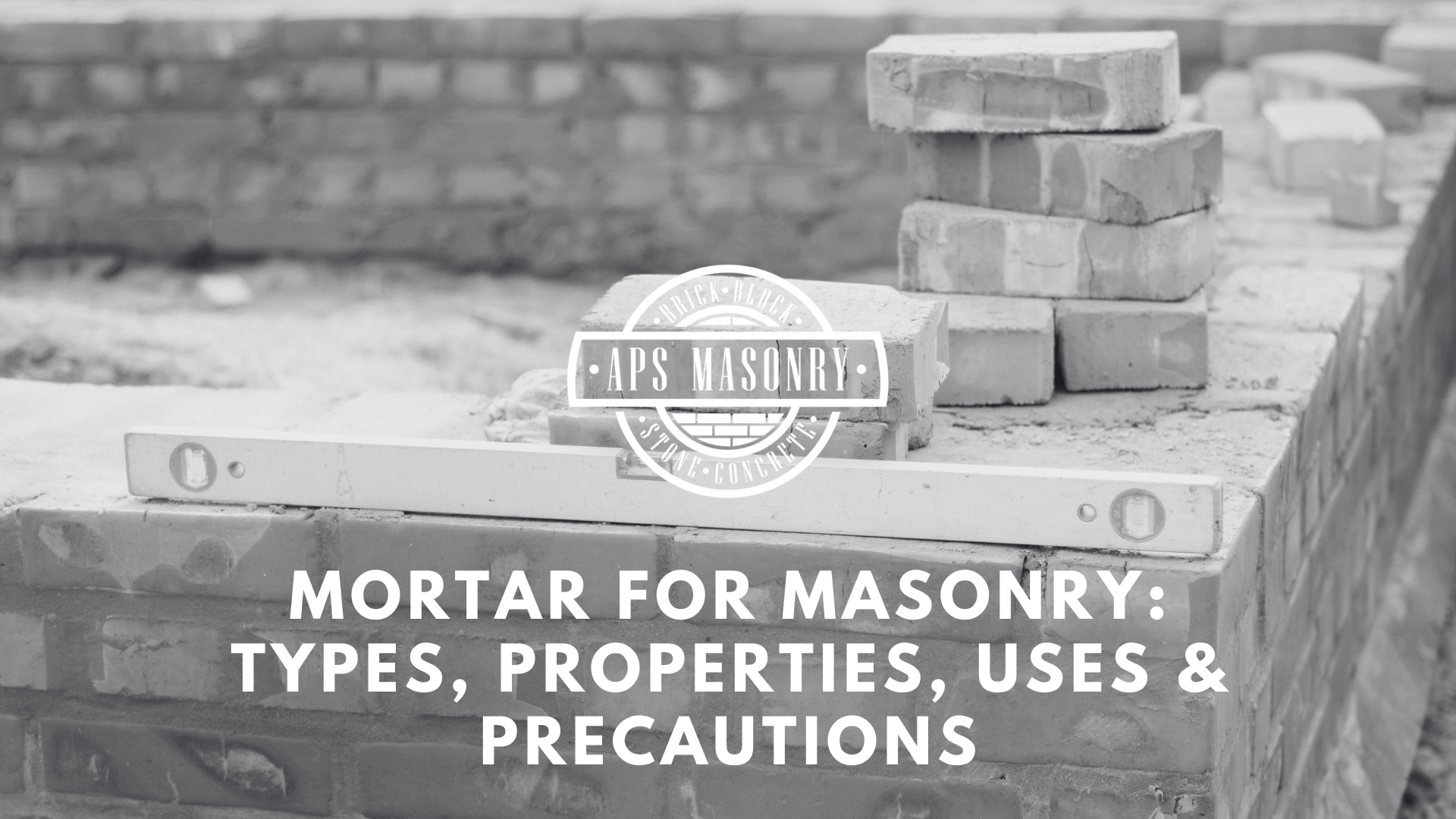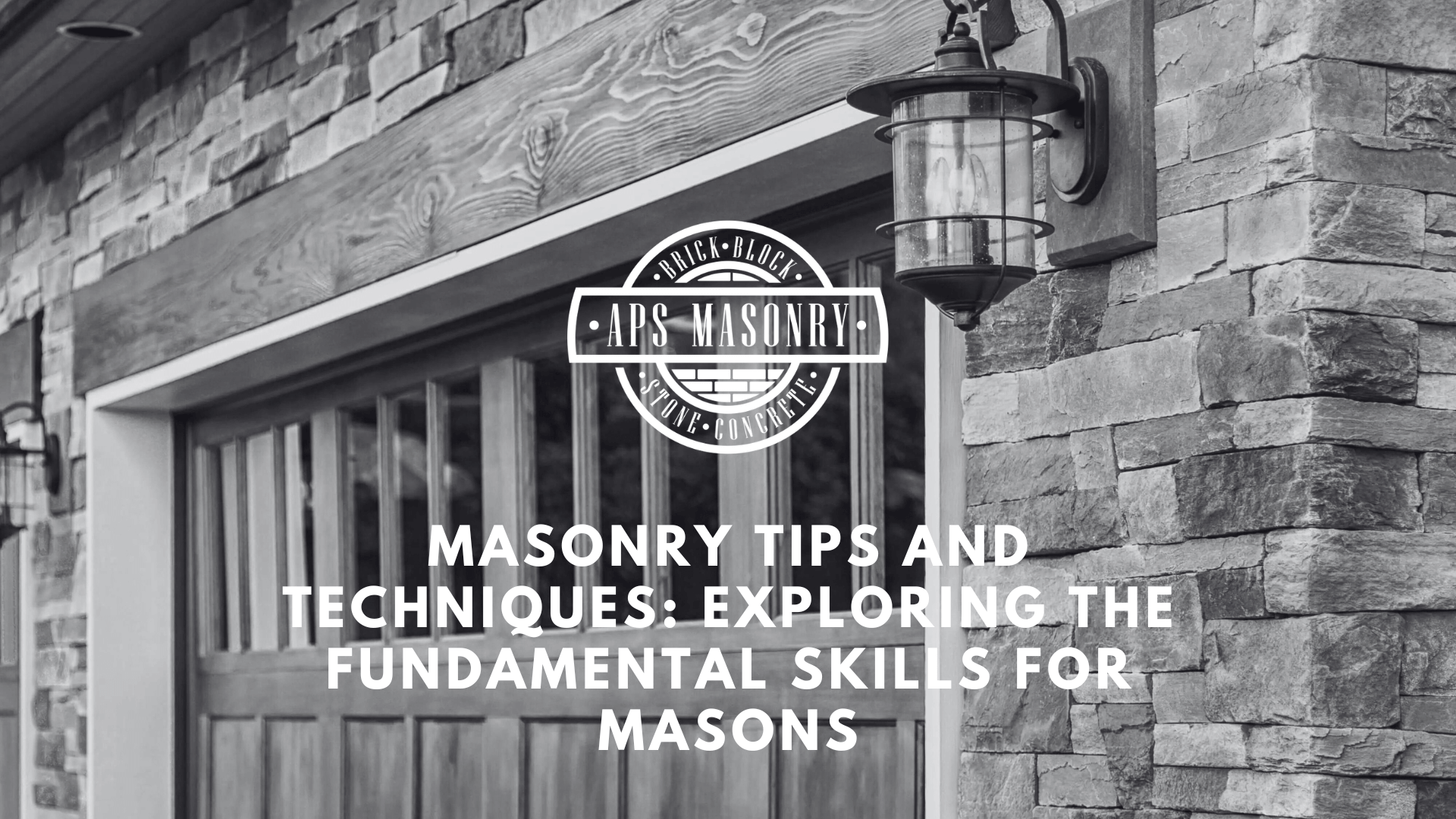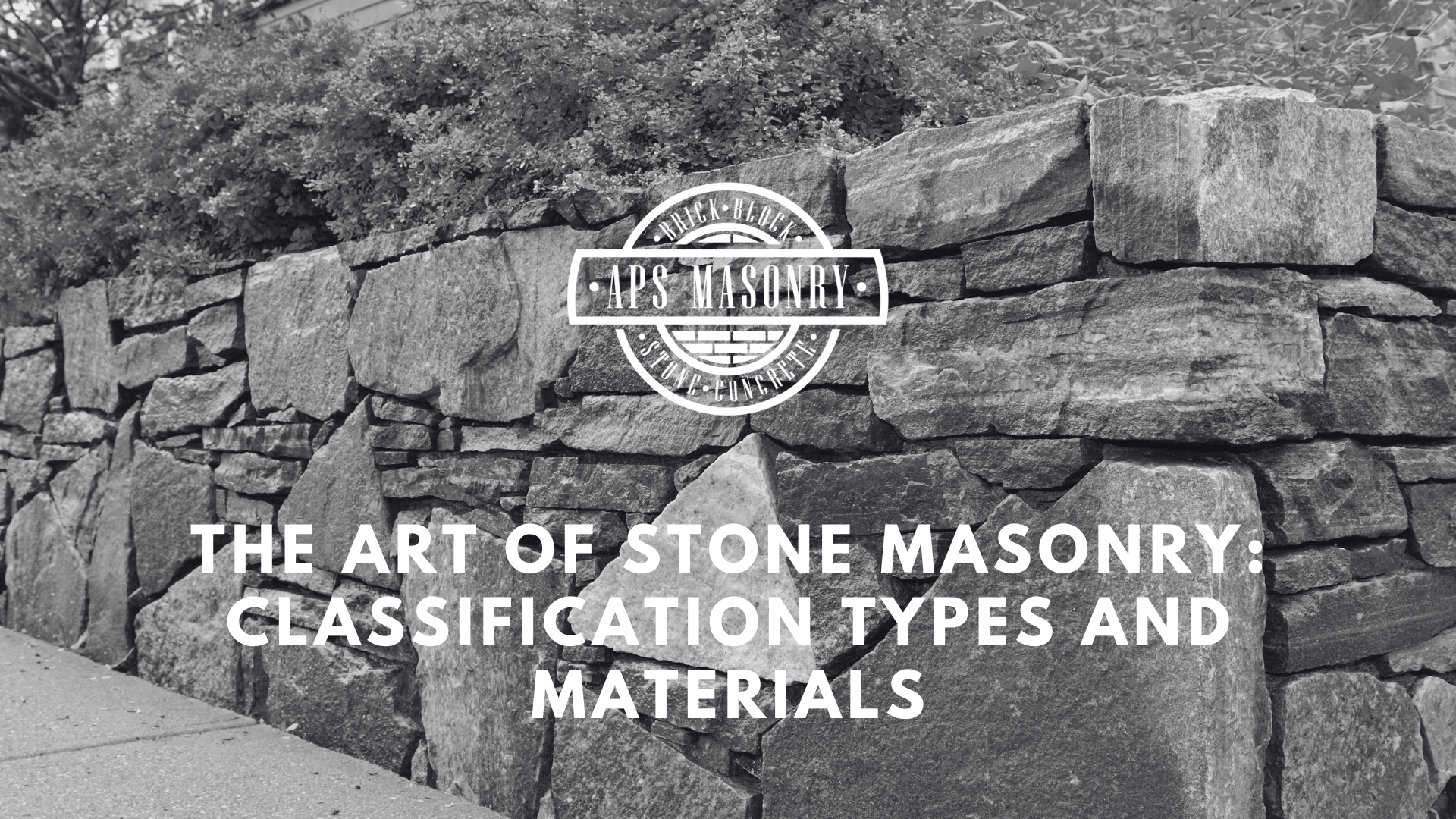Choosing the right mortar is very important for your masonry projects. Let us help you decide which to use. Type S mortar is strong and durable, ideal for load-bearing walls and foundations. Type N mortar is versatile and great for general repairs and non-load-bearing walls. Learn which mortar fits your project to ensure it lasts. Make the best choice for a strong, durable structure!
What is Mortar?
Mortar is a mixture used in masonry to bond bricks, stones, and other building materials together. It acts as a glue that holds the structure in place, providing stability and strength. Mortar is typically made from a combination of cement, lime, sand, and water. The mixture is workable, allowing it to be spread and molded to fill gaps and create a solid, cohesive structure.
There are several types of mortar, each formulated for specific uses and conditions. The most common types include Type N, Type S, Type M, and Type O, each varying in strength and suitability for different projects. Choosing the right type of mortar is key to the strong and enduring structures.
Type N Mortar
Type N mortar is a versatile and commonly used mortar mix that offers a balance of strength and flexibility. It is made from a mixture of one part cement, one part lime, and six parts sand. This mix gives Type N mortar moderate compressive strength, typically around 750 psi (pounds per square inch), making it suitable for a wide range of masonry projects.
Key Properties and Characteristics
- Good Workability: The inclusion of lime in the mix makes it easier to work with, allowing for smoother application and better bonding.
- Versatility: Suitable for both interior and exterior applications, Type N mortar is commonly used in the construction of walls, chimneys, and retaining walls.
Typical Uses and Applications
- Exterior Walls: Ideal for non-load-bearing exterior walls and veneers.
- Interior Walls: Suitable for interior partition walls and other non-load-bearing structures.
- Chimneys and Fireplaces: Used in the construction and repair of chimneys and fireplaces due to its moderate strength and good bonding properties.
Advantages and Disadvantages
Advantages:
- Versatile and suitable for a wide range of applications.
- Easier to work with due to its good workability.
- Provides a balanced mix of strength and flexibility.
Disadvantages:
- Not suitable for high-load-bearing applications.
- May not be as durable in severe weather conditions compared to stronger mortar types.
Type N mortar is a reliable choice for many masonry projects, offering a good balance of strength, workability, and versatility.
Type S Mortar
Type S mortar is a high-strength mortar mix known for its durability and resistance to harsh weather conditions. It is made from a mixture of two parts cement, one part lime, and nine parts sand. This combo gives Type S mortar a higher compressive strength, typically around 1,800 psi (pounds per square inch), making it ideal for more demanding masonry projects.
Key Properties and Characteristics
- Good Workability: Despite its high strength, Type S mortar is still workable, allowing for precise application and strong bonding.
- Durability: Excellent resistance to weathering and environmental stress, making it suitable for exterior use in various climates.
Typical Uses and Applications
- Load-Bearing Walls: Ideal for constructing load-bearing walls and structures due to its high strength.
- Foundations and Basements: Commonly used in the construction of foundations and basement walls where strength and durability are crucial.
- Exterior Masonry: Suitable for exterior applications, including retaining walls and other structures exposed to the elements.
Advantages and Disadvantages
Advantages:
- High compressive strength, making it ideal for load-bearing applications.
- Excellent durability and resistance to harsh weather conditions.
- Suitable for a wide range of exterior and interior projects.
Disadvantages:
- More challenging to work with compared to Type N mortar due to its higher strength.
- Can be overkill for non-load-bearing applications, leading to unnecessary extra cost.
Type S mortar is the go-to choice for projects requiring higher strength and durability, guaranteeing that your structures will withstand the test of time and environmental stress.
How to Choose the Right Mortar
Selecting the appropriate mortar type is key for the success of your masonry project. Here are some tips to help you make the right choice:
Consider the Project Requirements
- Load-Bearing vs. Non-Load-Bearing: Determine whether your project involves load-bearing structures. For load-bearing walls, foundations, and retaining walls, Type S mortar is typically the best choice due to its higher strength. For non-load-bearing applications, such as interior walls and chimneys, Type N mortar is usually sufficient.
- Environmental Conditions: Assess the climate and weather conditions your structure will face. Type S mortar is more resistant to severe weather, making it ideal for exterior projects in harsh climates. Type N mortar works well in more moderate conditions.
Structural Needs
- Strength and Durability: Consider the compressive strength needed for your project. If high strength and durability are required, opt for Type S mortar. For projects where moderate strength is adequate, Type N mortar is a reliable option.
Aesthetic Preferences
- Appearance: Both Type N and Type S mortars can be tinted or colored to match the aesthetic of your project. Choose a mortar that complements the appearance of your bricks or stones.
- Finish: Depending on the finish you desire, you might prefer one type of mortar over the other. Type N mortar is often smoother and easier to work with for detailed finishes.
Professional Advice
- Consulting with Experts: If you’re unsure which mortar type is best for your project, it’s always a good idea to consult with a professional mason or contractor. They will provide great insights based on their experience and the specific requirements of your project.
Budget Considerations
- Cost: While Type S mortar might be more expensive due to its higher strength, the added durability can be worth the investment for certain projects. Evaluate your budget and determine if the benefits of a stronger mortar justify the additional cost.
Which Mortar Type Suits Philadelphia Best?
For a home in Philadelphia, based on the weather and typical conditions, Type S mortar is generally the better-suited choice. Here’s why:
Why Type S Mortar is Better for Philadelphia Homes?
- Higher Compressive Strength
- Benefit: Type S mortar has a compressive strength of about 1,800 psi, which provides greater structural integrity and durability. Buildings need to withstand the pressures of varying weather conditions and potential soil movement.
- Freeze-Thaw Resistance
- Benefit: Philadelphia experiences significant freeze-thaw cycles in winter. Type S mortar’s higher strength makes it more resistant to the expansion and contraction caused by these cycles, reducing the risk of cracking and deterioration.
- Weather Resilience
- Benefit: With high humidity in summer and cold, wet winters, the robust properties of Type S mortar offer better protection against moisture infiltration and weather-related wear and tear.
- Versatility for Exterior Applications
- Benefit: Type S mortar is suitable for both below-grade and above-grade applications. This versatility means it can be used for foundations, exterior walls, and other structural elements exposed to Philadelphia’s diverse climate.
Choosing the right type of mortar is important for the success and longevity of your masonry projects. Type N and Type S mortars each have their unique properties and best-use scenarios. Type N mortar is perfect for general-purpose applications, offering a good balance of strength and workability. In contrast, Type S mortar is ideal for load-bearing and high-stress applications, providing superior strength and durability.
Reach Out for a Free Estimate
Contact Us Today!
By understanding the differences between these two types of mortar and considering your project’s specific needs, you will make an informed decision that guarantees the best results. Remember, when in doubt, consulting with a professional can provide the guidance needed to choose the right mortar for your project.
If you need expert advice or professional masonry services, APS Masonry Contracting is here to help. Our team of experienced masons will help you in selecting and applying the right mortar for your project, promising a high-quality finish that will stand the test of time.



